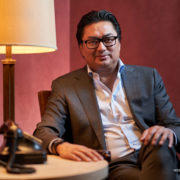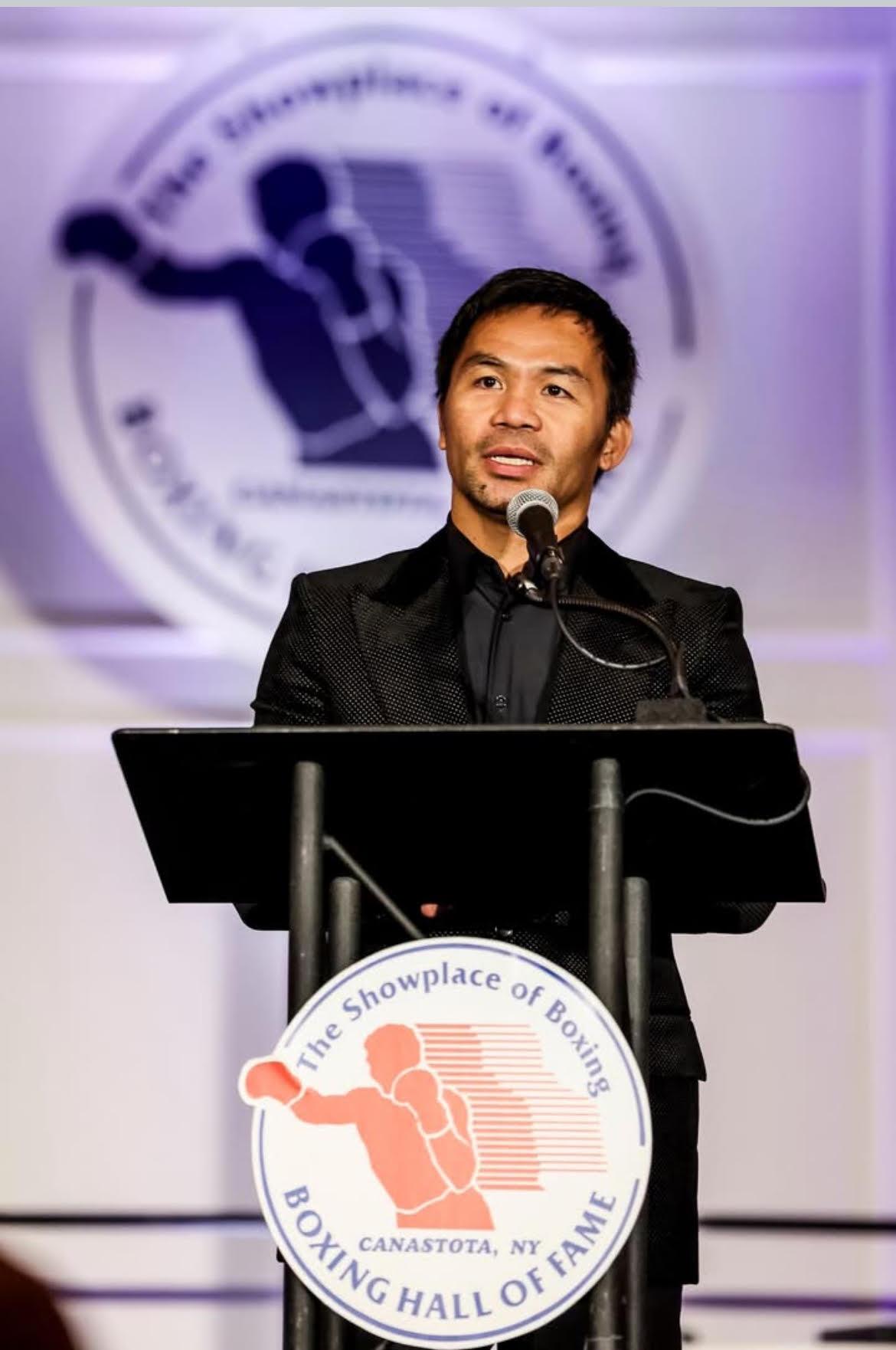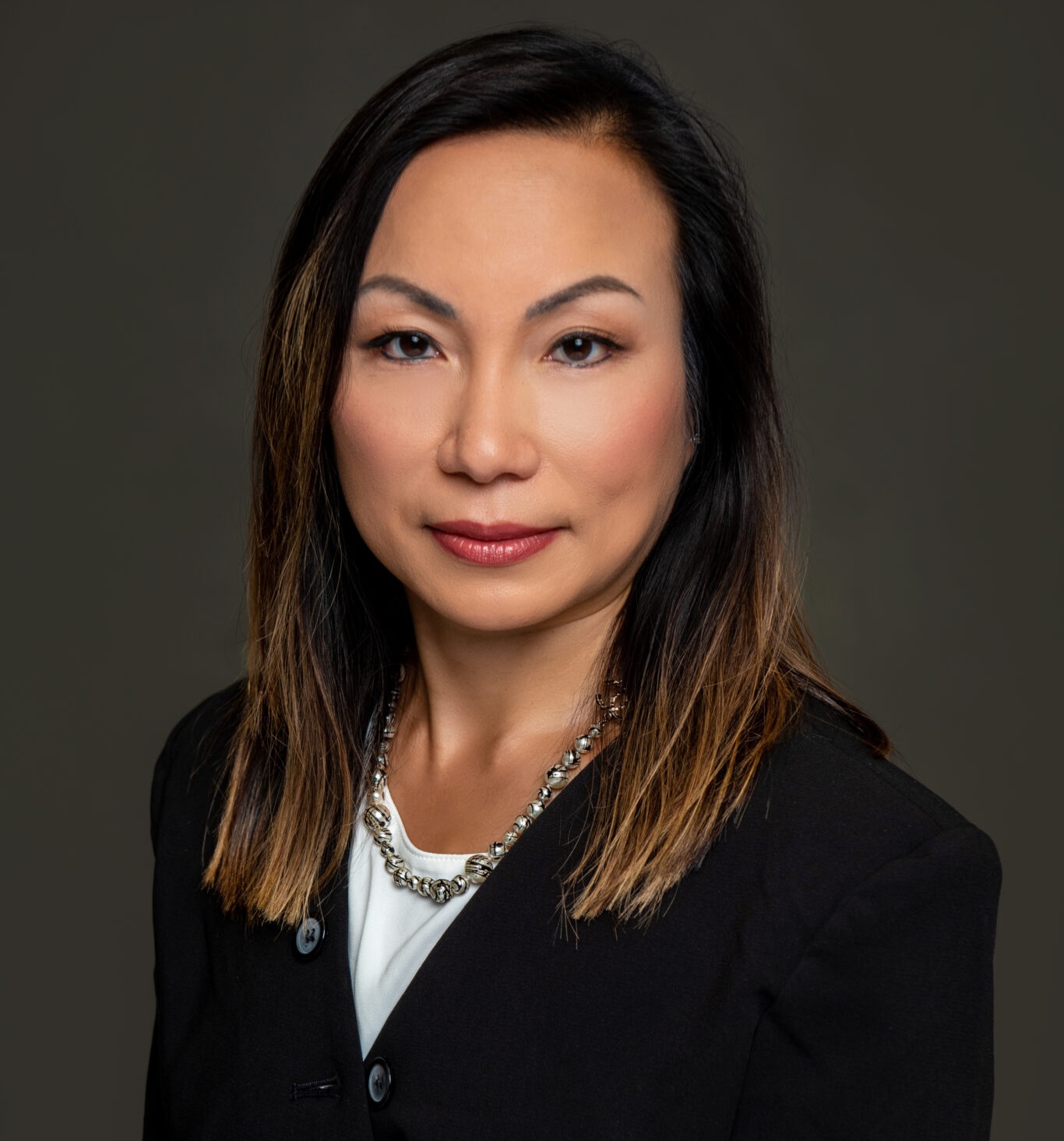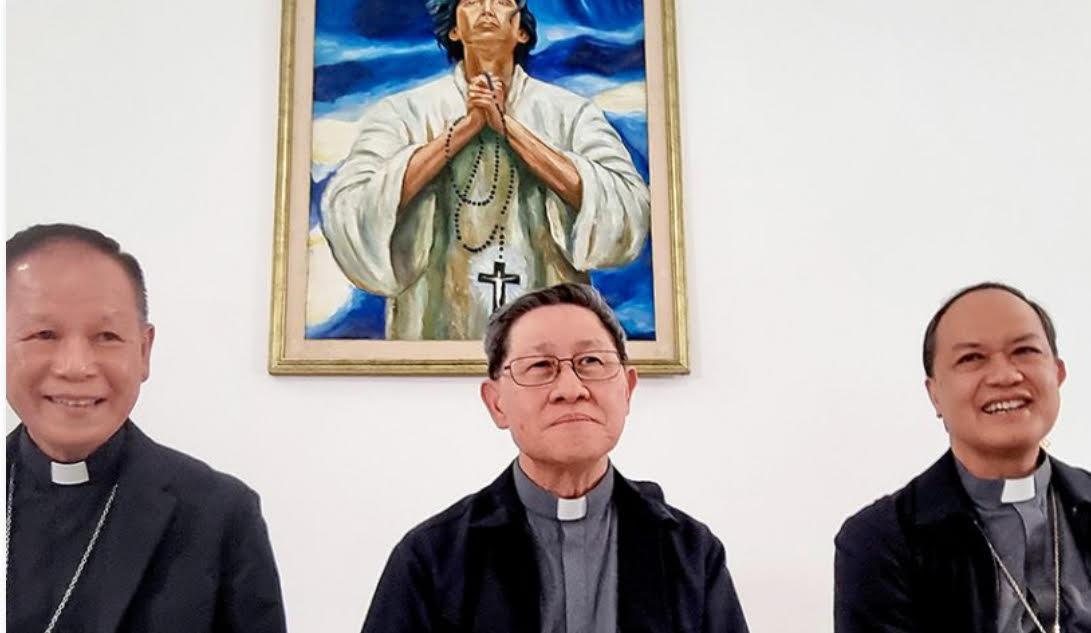Checking in with Don Jacinto, managing director of the Hollywood Roosevelt & regional vice president of operations of Journal Hotels
FROM hosting the first Academy Awards to once being the home of Marilyn Monroe, the Hollywood Roosevelt Hotel on the famed boulevard is perhaps one of the most iconic properties in Tinseltown.
But behind the scenes, you may not know that a Filipino American is the current managing director of the 92-year-old hotel, which is a historic-cultural monument in Los Angeles and was named the No. 10 hotel in the Condé Nast Traveler Readers’ Choice Awards in 2018.
Don Jacinto, who first came to the Hollywood Roosevelt in 2008 as general manager, returned as managing director of the hotel in 2017 after several years in New York opening the New York EDITION at the MetLife Clock Tower on Madison Avenue.
He is also the regional vice president of operations of Journal Hotels, the hotel group that owns the hotel under a portfolio that includes Two Bunch Palms in Palm Springs, Hotel G in San Francisco, the Standard High Line and Mondrian Park Avenue in New York, and Ambassador Chicago.
Overseeing the west region operations, he handles the three current properties in California and will have two more soon, the Hotel Clark and Trinity Hotel, which are both slated to open sometime in 2020 in downtown Los Angeles.
Jacinto — who was born in Quezon City, Philippines and grew up in Charleston, South Carolina — has been in the hospitality industry for nearly three decades with a career that has taken him from places like New York to Toronto before making his way back to LA.
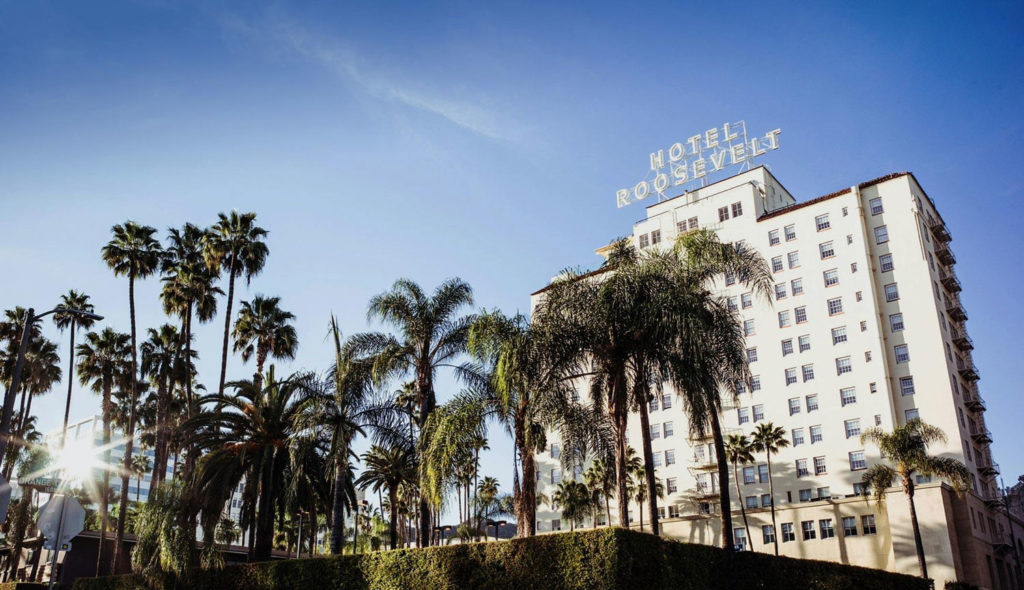
In a recent interview with the Asian Journal, Jacinto takes us into the historic hotel, which in addition to its luxury accommodations (and the famed Marilyn Monroe suite), has a famed ‘60s-era pool surrounded by palm trees, an exclusive cocktail lounge, American brasserie Public, a 24-hour burger restaurant, a gaming parlor with bowling lanes and more to remind you of Hollywood’s history.
Asian Journal: How did you get started in the hospitality industry?
Don Jacinto: My first hotel was the Mayfair Regent in New York, where I worked in guest services while I was going to school and studying English literature. They offered a flexible schedule which fit with my school schedule. That was my first experience with hospitality. It was a luxury hotel part of the Regent international hotel chain, which had a flagship property in Hong Kong. At that hotel, we hosted many celebrities, heads of state and royalty, and had the restaurant Le Cirque, where French chef Daniel Boulud got his start in America.
AJ: At what point did you see this could be a full-on career?
DJ: When I left there, I started working for a Japanese artist in SoHo and I really thought I would become an artist. But I had the opportunity to go back to hospitality so I seized it, working at the Stanhope on Fifth Avenue and eventually finding my way to the Peninsula New York, where I became a department head. The Peninsula New York is part of the famous Peninsula group, which also has a hotel in Manila and the flagship Peninsula Hong Kong. I was at the Peninsula for three years and then I joined Le Méridien — an international hotel chain based in France — in Boston, Toronto and Chicago so it allowed me to travel.
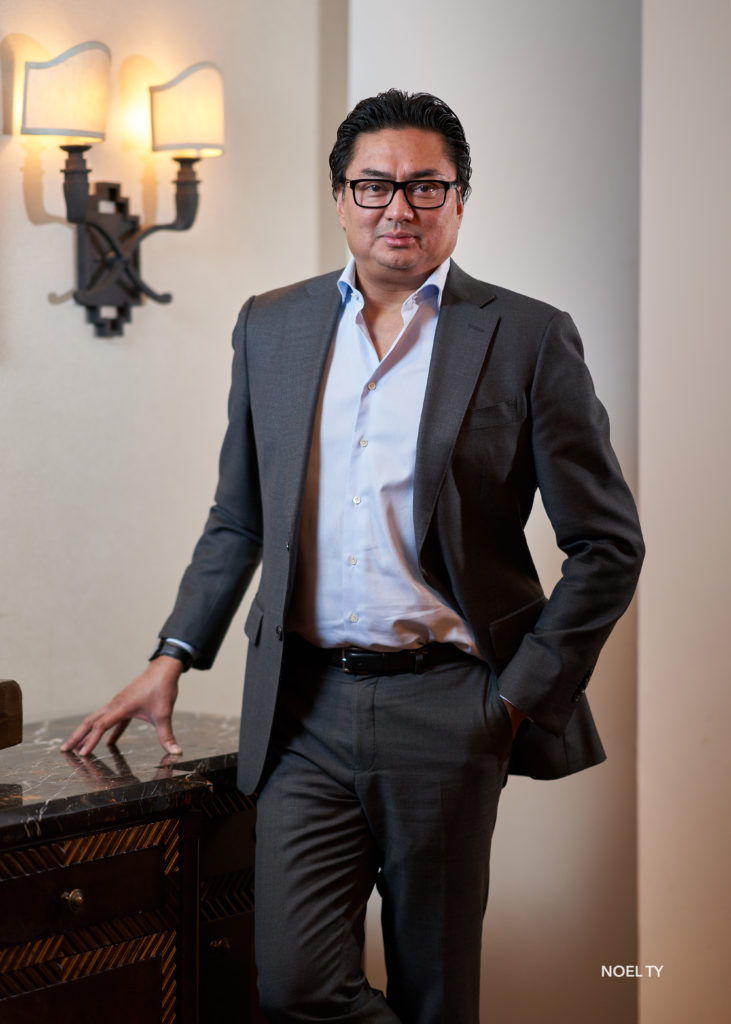
AJ: What were some of your memorable experiences while at the Peninsula?
DJ: It was a luxury hotel with Asian hospitality. A memorable moment was when Rod Stewart was staying there with Ron Wood from the Rolling Stones and they sang impromptu in our lounge. In my first week, I had to work past midnight and greet Gregory Peck and Jack Lemmon who were checking in. I also met Catherine Deneuve, Billy Joel, and Johnny Depp when he was dating Kate Moss.
AJ: How has living and traveling to different cities shaped your worldview and career?
DJ: It made me more adaptable and it fed my curiosity. By nature, I’m a curious person and so I always made it a point whenever I moved someplace new to try and discover everything possible, from the cultural institutions to the best restaurants to the architecture.
AJ: What came next after Le Méridien?
DJ: I moved back to New York City and joined Ian Schrager Hotels at Hudson as the hotel manager. That was my first time working for a boutique hotel group that focused on creating hotels as theater, as Ian Schrager would describe them. I was always interested in the hotels he created, going back to when he first opened Morgans, then Royalton and the Paramount and in the mid-90s, the Mondrian in Los Angeles and the Delano in Miami. I’m very aesthetic minded and so his hotels always appealed to me. The standards of service and expectations were the same as working in luxury.
AJ: What were some of the biggest lessons working for a boutique hotel?
DJ: I adapted to working in a very fast-paced environment with lots of nightlife while maintaining Ian Schrager’s vision for design and hospitality. It was my first time working in a hotel that large. We had 804 rooms, extremely busy bars and a restaurant. I oversaw 600 employees.
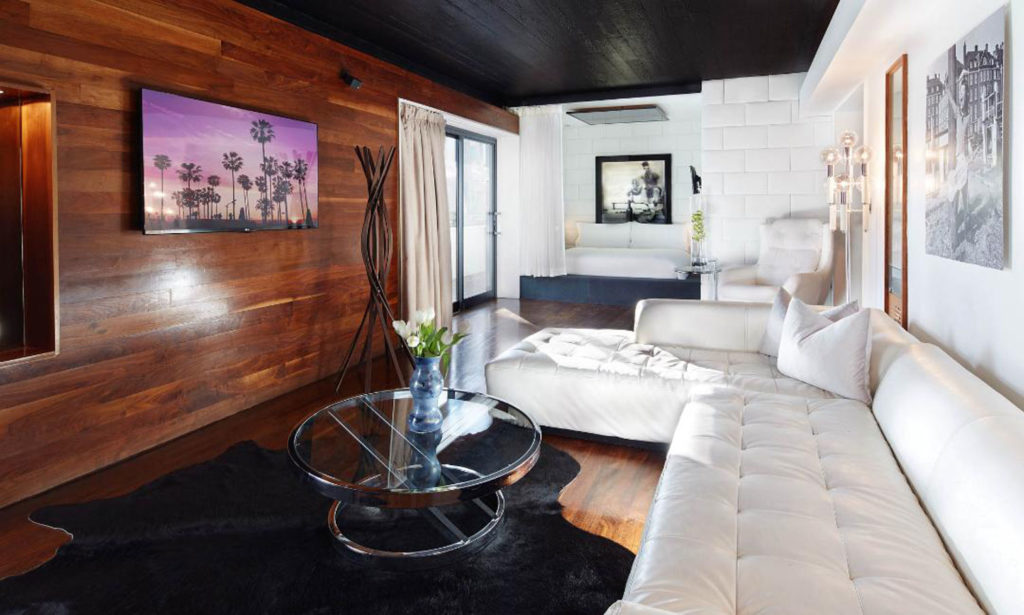
AJ: How did the opportunity to be at the Hollywood Roosevelt come?
DJ: I was the general manager of the Hollywood Roosevelt from 2008 to 2011 so I previously lived here in Los Angeles and enjoyed my time. So when my current CEO [Stephen Brandman] formed the Journal Hotels group — he was previously the COO of Thompson Hotel when the Hollywood Roosevelt was the flagship — and asked if I would join him again, I didn’t hesitate to make that decision.
AJ: What was it like coming back to LA?
DJ: In recent years, I’ve become very fond of the outdoor lifestyle that LA offers. I enjoy mountain biking, playing golf, hiking and going out of town to ski. I’ve rescued five dogs in the last 10 years and two of them live with me right now.
AJ: Given the history attached to the Hollywood Roosevelt, how has it stayed relevant today?
DJ: The Hollywood Roosevelt has always been a hotel with a tremendous amount of history, from Marilyn Monroe living at the hotel in the ‘50s to hosting the first Academy Awards in 1929. We’ve always hosted and continue to host movie premieres every month and events like the annual Turner Classic Movies (TCM) Film Festival in April, New York Magazine’s Vulture Festival and the AFI Film Festival every November, which is a qualifying festival for the Academy Awards. In February, we had the four-day inaugural Felix Art Fair.
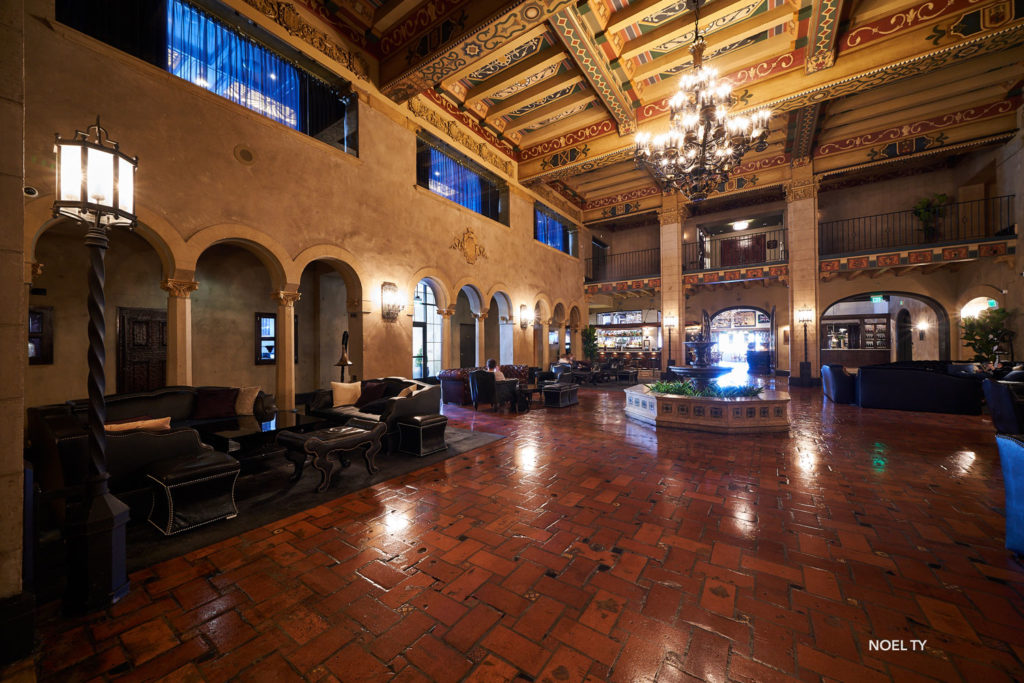
We’ve managed to remain relevant by recently undergoing a full renovation by Yabu Pushelberg, renowned interior designers, for the Tower rooms. Just a few months ago, we launched a magic show in our Roosevelt theater. We’ve hired local LA interior designer Nickey Kehoe for our lobby, lounge and new Italian steakhouse called The Barish under our partnership with Nancy Silverton, James Beard Award winner and Michelin-starred chef and restauranteur.
AJ: With your responsibilities at the Roosevelt as well as the other properties in San Francisco and Palm Springs, what’s a typical day like for you?
DJ: I start early by going through all my emails, touching base with the overnight team and we start with a detailed morning operations meeting. From there, other than scheduled meetings, I try to keep my schedule open, by walking the property, saying hello to the employees, and connecting with our guests. I try to visit the other properties every quarter.
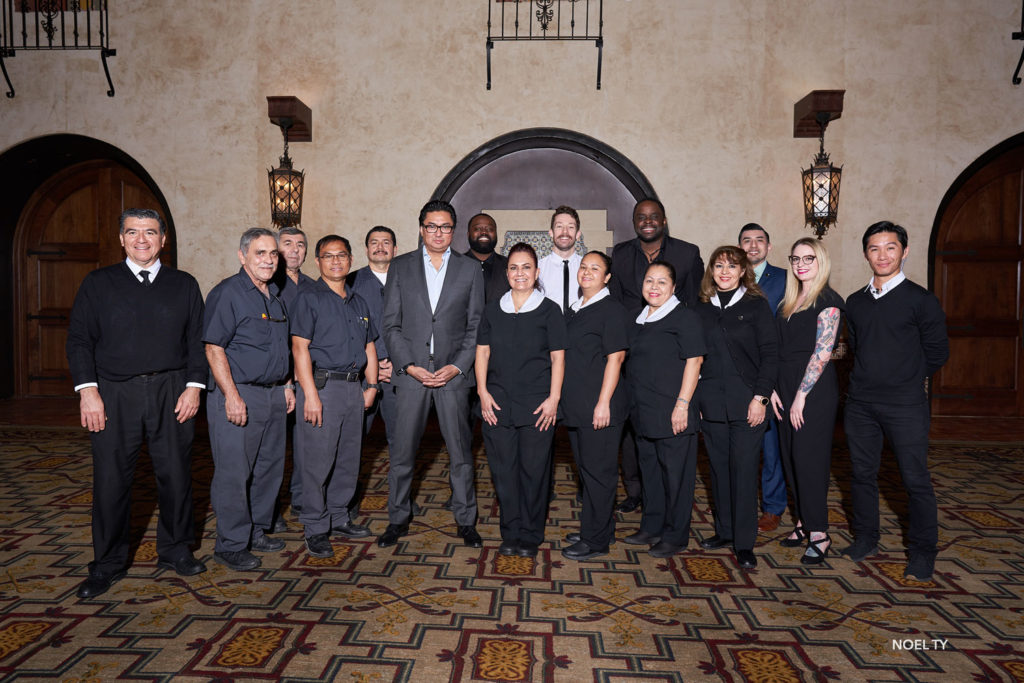
AJ: How would you describe your leadership style and what does it mean as a Filipino American to be in your position?
DJ: Engaging, unassuming, approachable and hands-on. I don’t micromanage, but rather hold trust in my managers and offer guidance and walk them through any problem-solving. I also try not to keep things boring and check in with the team. There will be spontaneous moments where I surprise them with meals from nearby places.
I have many Filipino Americans on my staff so it’s meaningful for me as a leader to represent my culture in the best way possible and be a positive mentor. It’s in our nature to be hospitable. I often hear about how Filipinos are viewed as being welcoming and friendly all over the world. It’s true.
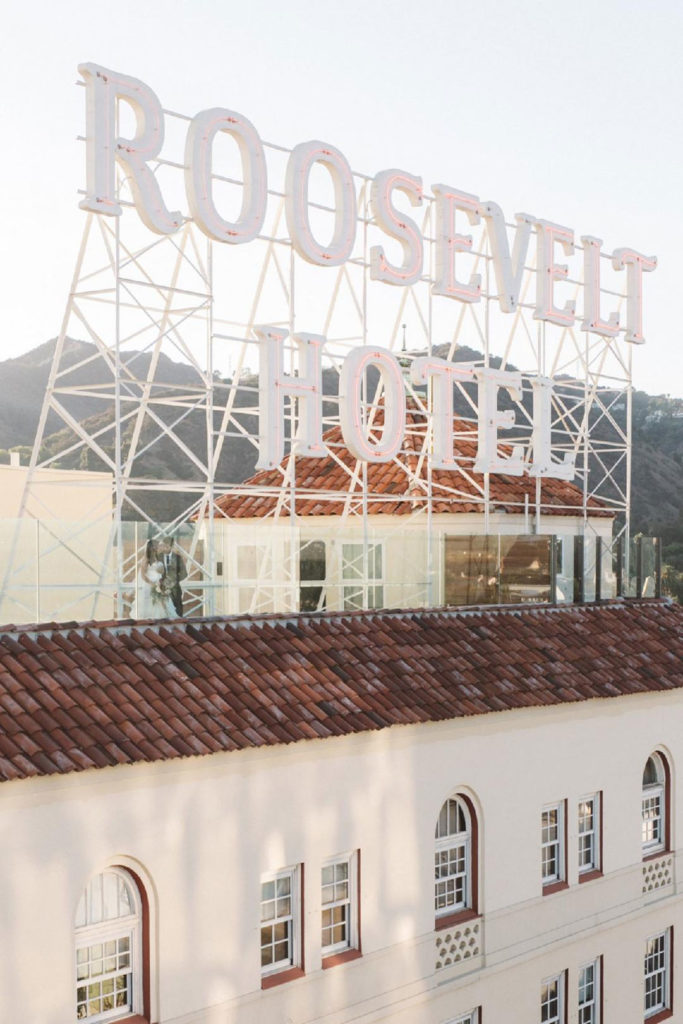
AJ: Do you foresee any upcoming trends in hospitality?
DJ: The focus is on creating unique experiences for our guests. Each of our properties is unique to their market. There is no brand formula. Each hotel has its own personality and an opportunity to create a different experience. Travelers are craving something a little more so we try to provide that by doing things like outside yoga classes or movie nights at our pool. At Hollywood Roosevelt, we have a private music studio, a white box space for pop-ups, an exclusive tattoo artist by appointment, a 24-hour burger bar called 25 Degrees, and event space on our roof deck with 360-degree views of Los Angeles. One key project we’ve finished this year is the restoration of the Tropicana Pool, which was originally painted by the famous artist David Hockney.
AJ: From your perspective in the hospitality industry, what continues to make LA a destination for visitors?
DJ: Los Angeles continues to grow and develop. I’m on the board of directors for the Hollywood Chamber of Commerce so I’ve seen how Hollywood has evolved dramatically with so much more retail and restaurants. With the Hollywood Roosevelt anchoring the west side of Hollywood and the W anchoring the east side, we see lots of big entertainment companies like Viacom and Netflix headquartered here. I really like the scene that’s developing in downtown LA especially on Broadway with some hotels opening in the coming year.
Around the city, we see a restaurant scene that is much more diverse and inventive. The art world is taking notice too, which is why the Frieze Art Fair was held here, which drew over 15,000 people in one weekend, and 5,000 people came to our hotel for the Felix Art Fair. The city is becoming much more relevant from a cultural standpoint and of course, people come here for the weather and the vibe. Los Angeles has so much to offer that it’s impossible to experience everything in just a weekend so it keeps you coming back for more.


